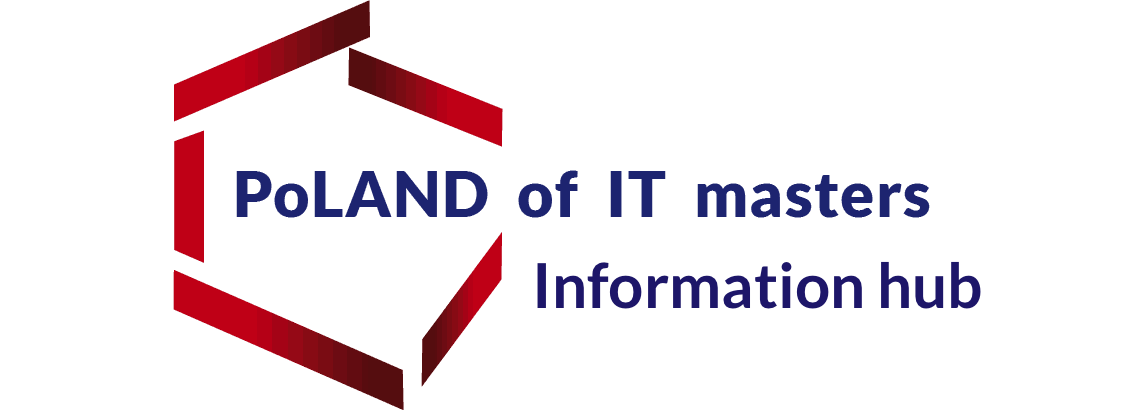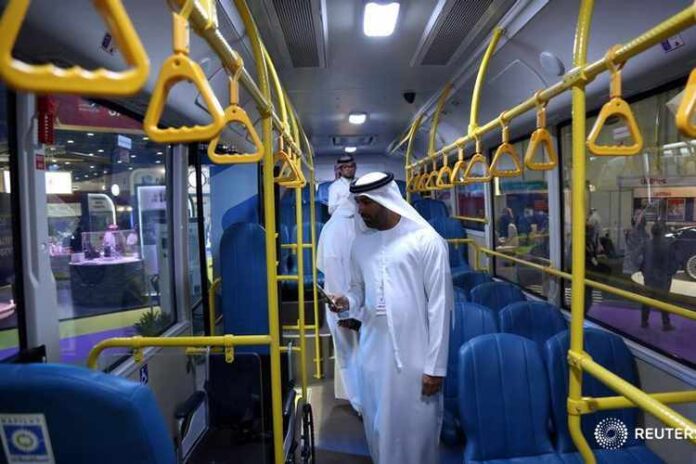The public transport solution from students from Poland was awarded second prize in the global Open Data ADDATHON competition. It was organized by Abu Dhabi Digital Authorities, December 2021.
Teams were to develop solutions to improve the inhabitants’ quality of life based on 2,500 datasets. Especially welcome were excessive pollution levels, reliability of energy supplies, transport efficiency, and broadly understood safety. The participants had only two weeks to define the problem, design the solution and present its prototype.
The winner from Poland
One of the contest participants was the team of the Polish-Japanese School of Information Technology DATA SCIENCE CLUB. It was strengthened by students of the SMART CITY Inter-Faculty Science Club of Warsaw University of Technology. And the Faculty of Electronics and Information Technology of the Warsaw University of Technology.
Students decided to write an application promoting public transport that is friendly to people and the environment. They were inspired by the words of the former mayor of Bogota. He said that a developed city is not one where the poor drive cars but one where the rich use public transport.
The resulting application allows you to optimize the timetable of public transport stops. Just by shortening the travel time by public transportation between the essential points of Abu Dhabi. It is one of the largest cities in the United Arab Emirates. You can use the solution in other cities of the world.
– After the talks with the residents of Abu Dhabi, we looked at the analyzed data differently. We have noticed that most people in the UAE choose a car for even short journeys. We started to wonder the cause of this – said Aleksandra Jamróz. She is a second-year student of Computer Science at the Faculty of Electronics and Information Technology of the Warsaw University of Technology, a fan of the ‘smart city’ idea. – Everything indicated that the current state of affairs is caused by public transport that does not match the actual needs. Therefore, we decided to rearrange the current system of bus lines and the location of individual stops. Now you can travel from the selected point A to point B faster than at present.
Machine learning and artificial intelligence
Polish students used databases, ML and Ai to analyze the timetable of stops and travel costs. An aim is facilitating travelers to make informed decisions by presenting the level of efficiency and profitability of various modes of transport.
The solution consists of two programs. The first one tells the user which means of transport is more profitable to choose on a given route. After entering the starting and ending address, the system automatically compares the time and cost of a taxi and public transport. The second one proposes a new location of stops based on available parameters. Such as the current stop schedule, the location of tourist attractions, the frequency of use of specific stops, and the distance between them. It is also possible to buy a bus ticket and order a taxi directly from the application level.
The result are:
- increase in the efficiency of public transport in a modern metropolis
- improvement in residents’ comfort
- reduction in car traffic
- reduction traffic congestion and the associated emission of harmful substances into the atmosphere.
Read more about students from Poland, who won TomTom hackhathon n.EXT 2021. They have developed an app that ensures the waiting time of electric car to charge will not be wasted time.
Read more about a medal for Poland in Hack-a-Sat 1 cybersecurity competition.



